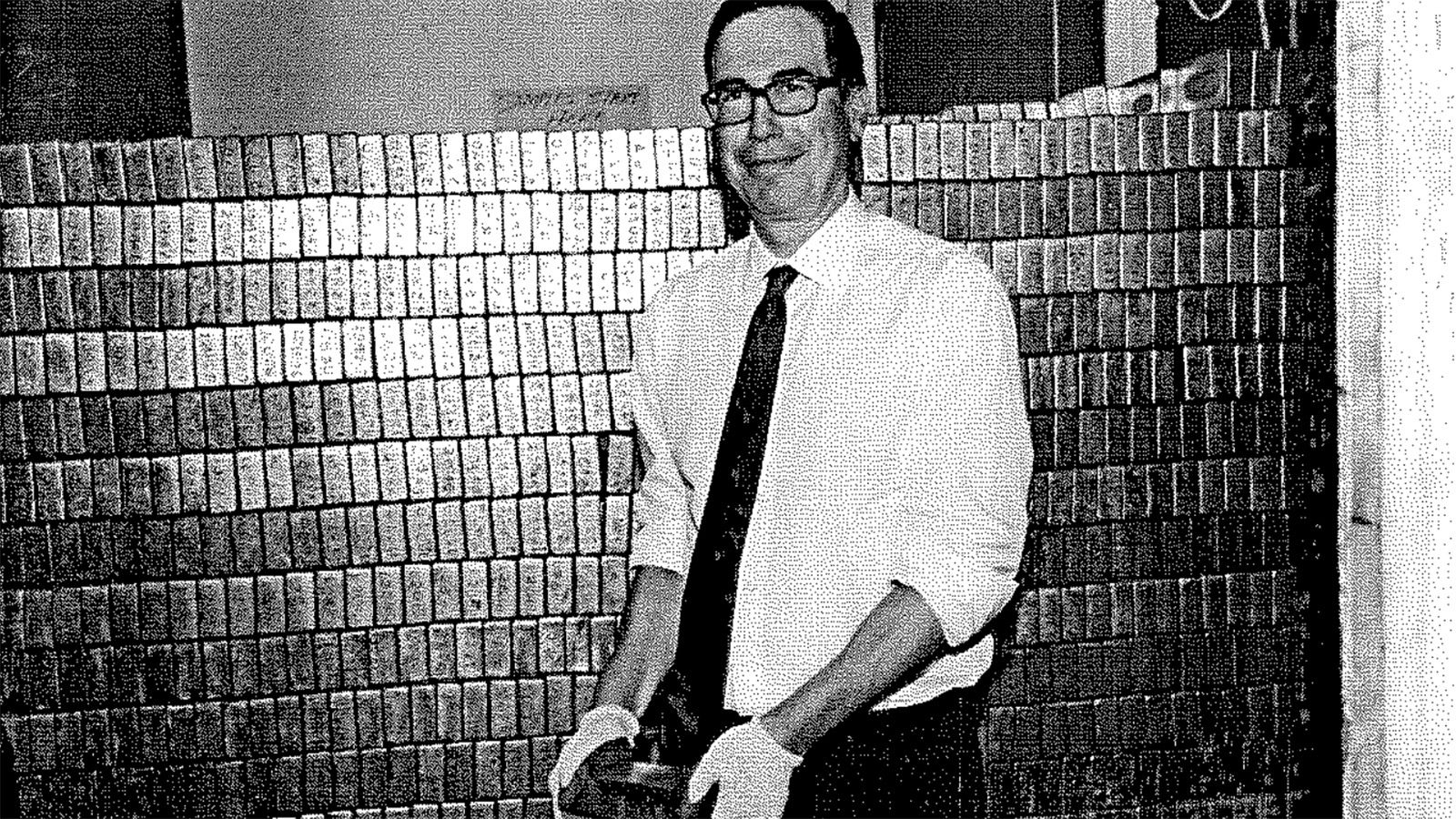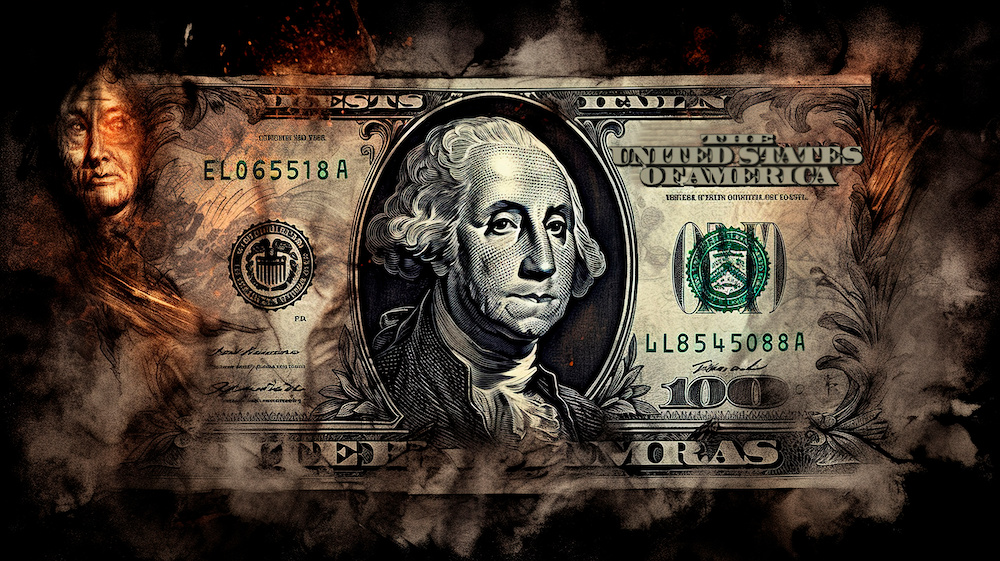The Securities and Exchange Commission launched another attack on crypto exchanges Coinbase and Binance this week, a move that had been expected. Given the overlap with the timeline of the Federal Reserve forcing banks across the country to implement FedNow as part of the backbone of an ongoing effort to implement a central bank digital currency.
The charges against Binance allege that the exchange “misled” its users about how their deposited funds for staking would be used, including by allegedly funneling customer assets into separate entities owned and controlled by its founder, Changpeng Zhao.
The charges against Coinbase allege that the company is acting as an unregistered broker and exchange. The government alleges that the Coinbase’s flagship prime brokerage, exchange and staking programs violate securities laws, adding that the company “has for years defied the regulatory structures and evaded the disclosure requirements” of U.S. securities law.
The SEC is demanding that the company be “permanently restrained and enjoined” from continuing to do so.
Gary Gensler, a long-time advisor to Sam Bankman-Fried and the FTX Exchange prior to becoming the Chair of the SEC, has made statements in the past that he believes that there should be less cryptocurrency options in the marketplace.
The cases are likely to extend for years and will likely have long-term implications for the future of crypto investing that extend far beyond only these two companies. The agency is targeting the marketplaces where trades are brokered and cleared, which is at the heart of the cryptocurrency industry’s critical infrastructure., an unwelcome development for pro-crypto groups like the Blockchain Association.
However, advocates for crypto claim that Congress is responsible for establishing the laws regarding digital assets, with two proposals currently circulating in Committees to create a federal framework for regulation for crypto assets.
“Contrary to what [SEC Chairman Gary Gensler] says, there is no regulatory clarity for digital assets,” said Kristin Smith in a statement Tuesday. She is the CEO of Blockchain Association, a pro-crypto lobbying group who also pointed to two regulatory proposals the House currently under debate.
The Federal Reserve continues to drive CBDC efforts, while gaslighting the public with denials about their ongoing efforts to implement a central bank digital currency as the use of the dollar continues to dwindle around the world.
While the FedNow service is being pitched as a solution to the high fees charged by private banking networks, the platform will also enable the Federal Reserve to launch an assortment of consumer-to-business, business-to-business or consumer-to-consumer.
Topics around CBDC implementations have organically risen as issues in the current presidential race.
Democrat presidential candidate Robert Kennedy Jr believes that the FedNow service is part of a long-term strategy to outlaw bitcoin and any cryptocurrency that competes with the Federal Reserve.
While the FedNow service is initially restricted to interbank transactions, Kennedy points out that this is “the first step in banning and seizing bitcoin as the Treasury did with gold 90 years ago today in 1933.”
He goes on to explain that digital currency could give the US government power to freeze and seize citizens’ assets or even limit your spending when you fail to “to comply with arbitrary diktats.”
Binance has announced that it will be halting all withdrawals of US dollars as soon as June 13 and transitioning to an all crypto model.
The exchange saw the withdrawal of more than $700 million dollars in customer assets this week, with huge sell-offs occurring for certain tokens that were outlined in the government’s lawsuit.
The government’s war against bitcoin and other cryptocurrencies is reminiscent of the efforts to restrict gold ownership and gold bank withdrawals leading up to the government seizure of all privately owned gold in 1933.
Many of the tactics being used by the government are to sow Fear, Uncertainty and Doubt (FUD) and to keep consumers and everyday Americans confused about cryptocurrencies and scared of risking their financial security to private digital tokens. While at the same time, failing to warn or be transparent with the public about the inherent dangers of a central bank controlled digital form of money.
The government does not like competition. The Federal Reserve sees the use of any non-central bank controlled digital currency as a competitor to the dollar. Compared to crypto, gold and silver are the most trusted and proven long term store of value.
Private ownership of precious metals like silver, gold and platinum has been legal since 1974. There are currently an assortment of States, such as Texas, that are pushing to return to the gold-standard with the introduction of precious metals backed digital tokens that can be exchanged for gold.
The Goldback is an existing physical gold-based private legal currency in several states, with the gold-foil notes being issued for New Hampshire, Utah, Wyoming and Nevada is also among the option available to investors.
If you’re an investor looking to use crypto to buy silver bars, you can find a variety of trusted and reputable online bullion dealers who accept various forms of crypto for payment and have the generic 10 oz silver bars shipped directly to your door.






